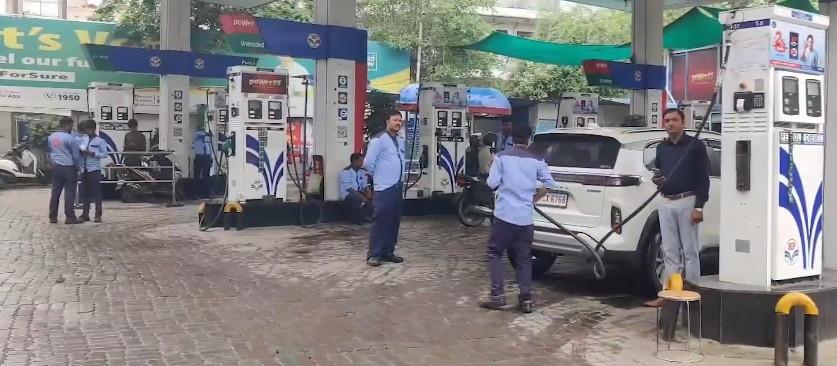Delhi has taken a significant step in its fight against air pollution by implementing a fuel ban on ‘end-of-life’ (EoL) vehicles. This policy targets petrol vehicles older than 15 years and diesel vehicles older than 10 years, aiming to reduce the emissions that contribute heavily to the city’s pollution. The decision has sparked a variety of reactions among residents, highlighting the complexities involved in environmental policy-making. The enforcement of this ban is not just a symbolic gesture. Authorities have already begun seizing vehicles that fall under the new regulations, with two motorcycles confiscated and sent for scrapping. This action underscores the government’s commitment to enforcing the policy, which is supported by data from the Centre for Science and Environment (CSE). The CSE’s analysis from November 2024 revealed that vehicular emissions account for 51% of Delhi’s local pollution, marking it as the largest contributor among various sources. Residents of Delhi have expressed a range of opinions on the fuel ban. Some see it as a necessary measure to combat the city’s notorious air quality issues. One local resident remarked, “As you know, pollution in Delhi is very high. Considering all these factors, the government’s step is very good to remove the overage vehicles.” Another resident echoed this sentiment, stating, “Due to pollution, many people suffer. This decision taken by the government is praiseworthy as it will reduce pollution in Delhi.” These voices reflect a segment of the population that supports the government’s initiative, viewing it as a proactive step towards a cleaner environment. However, not all reactions have been positive. Some residents have raised concerns about the policy’s fairness and consistency. A common critique is the discrepancy in the age limits for petrol and diesel vehicles. One resident pointed out, “A law should be equal for everyone. For some vehicles, the time limit is 15 years, and for some, it is 10. Either do it for 10 years or 15 years for all the vehicles. The government is doing just what it likes to.” The success of the fuel ban will largely depend on its consistent implementation and the cooperation of the public. Enforcement teams are actively monitoring compliance across 498 petrol pumps, utilizing Automatic Number Plate Recognition cameras and police support to identify and act against violators. This technological and logistical effort is crucial to ensuring that the policy does not merely exist on paper but translates into tangible environmental benefits. The current fuel ban on overage vehicles is reminiscent of similar policies implemented in other major cities worldwide. For instance, cities like London and Paris have introduced low-emission zones, where older, more polluting vehicles are either banned or subject to hefty charges. These measures have been part of broader strategies to improve urban air quality and encourage the adoption of cleaner technologies. Related
